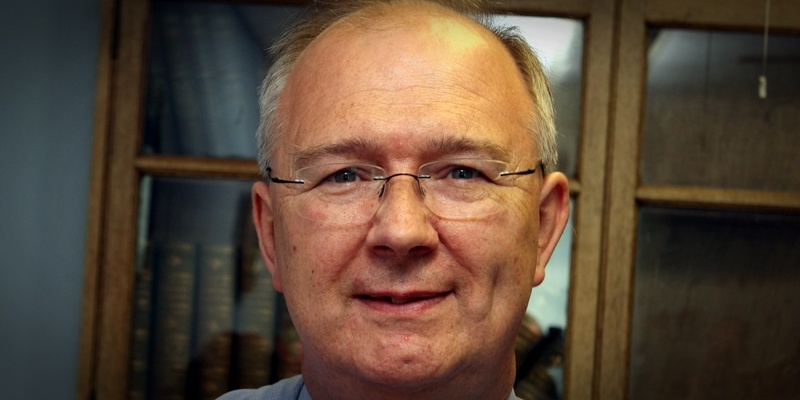Dundee’s education director is bowing out stressing that he remains “upbeat about the future” of city schools.
But Jim Collins, who is retiring after a 36-year career including two years in the top job, admitted he feels for staff who are having to await the outcome of a raft of reviews into education and the teaching profession.
His departure also comes amid £4 million cuts from his department’s budget and a major shake-up within Scottish schools, with a new curriculum introduced during this term.
Mr Collins said he had made raising attainment a key element of his tenure. There had been too many pupils who “drifted off” after a year or two at secondary and never appeared for exams, but head teachers were now making more efforts to know their pupils and track their progress.
While league tables of exam results still showed Dundee near the bottom, he said it was closing the gap on comparable local authorities and was seeing some encouraging improvements, such as a rise in the number of pupils passing five or more Highers.
He added there had been “steady improvement” in recent years and he remained “very positive” about future attainment.
The new Curriculum for Excellence (CfE) has not been universally welcomed. This month the EIS teaching union again voiced its concerns about a lack of resources.DisciplineBut Mr Collins said CfE had built on many aspects of the already established Learning Together In Dundee programme, and added, “I think the implementation of CfE has been very sound. There is no doubt in schools about the steps we are taking.”
Another perennial issue for local authorities is discipline in schools. The director insisted that the problem of violence in the classroom was no worse in Dundee than elsewhere, adding, “We are not soft on indiscipline in our schools, but we will deal with it fairly.”
Teachers had been encouraged to report violent incidents and the least that happened as a result was that these were read by the director and a letter of acknowledgement sent back.
“I think a lot of teachers appreciated that,” said Mr Collins.
However, the process was now changing and there will now be more emphasis on departmental managers sitting in on meetings between head teachers and parents in more serious cases.
It is widely understood that children who cause trouble at school very often come from troubled homes and the problems can show up early on. Mr Collins explained, “We are seeing violent incidents in P1 and P2 and even examples in nursery school.”‘Can’t ditch them’Efforts to engage with and mentor younger pupils and, in the case of older ones, the potential use of transfers to a new school or the use of offsite units to teach them had to continue.
“You can’t just ditch them,” the director said.
Although there are pupils with problems, there are also many with academic gifts.
A major development coming on stream is the city campus, which will see pupils doing Advanced Highers studying together at Dundee University.
There has been opposition from some pupils, including demonstrations and a petition, but Mr Collins was adamant that the concept was sound and was something he had wanted to do regardless of the demand for budget savings.
“This is a major change to methodology and they were bound to find this a little daunting. But I am quite sure that when we have got through the first year we will look back and wonder what was all the fuss about.”
